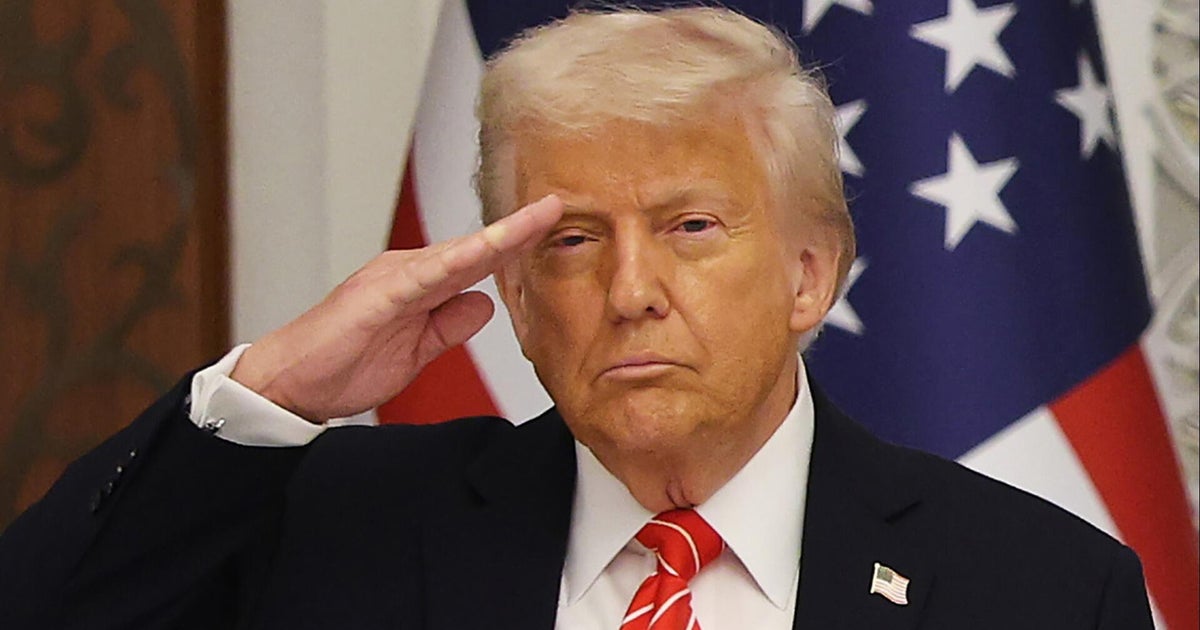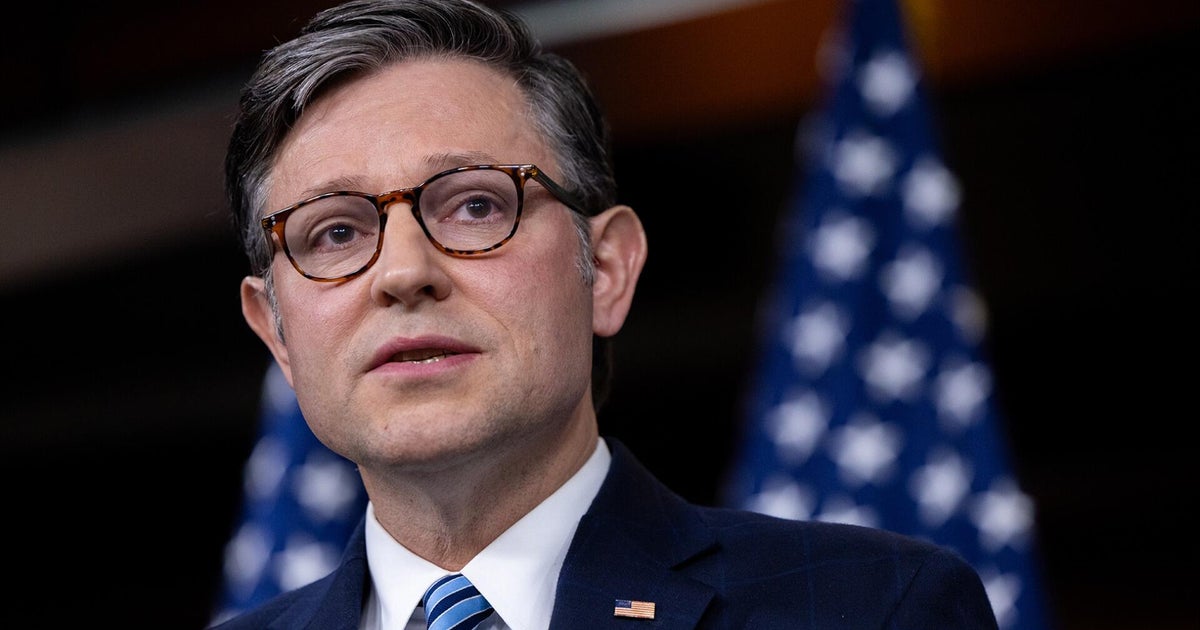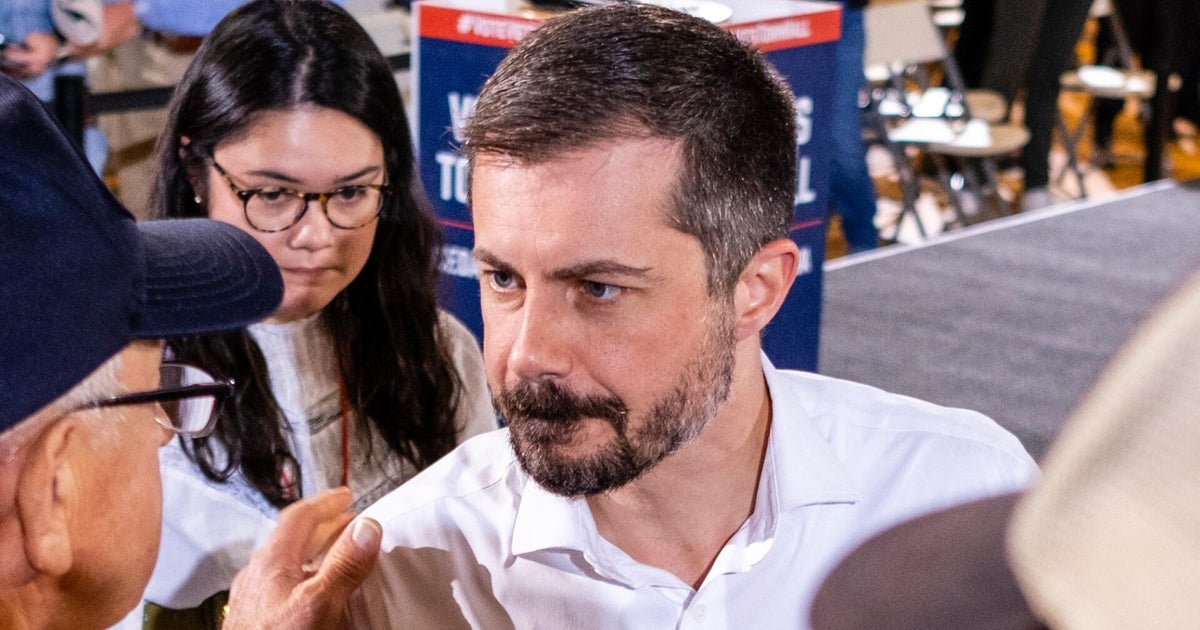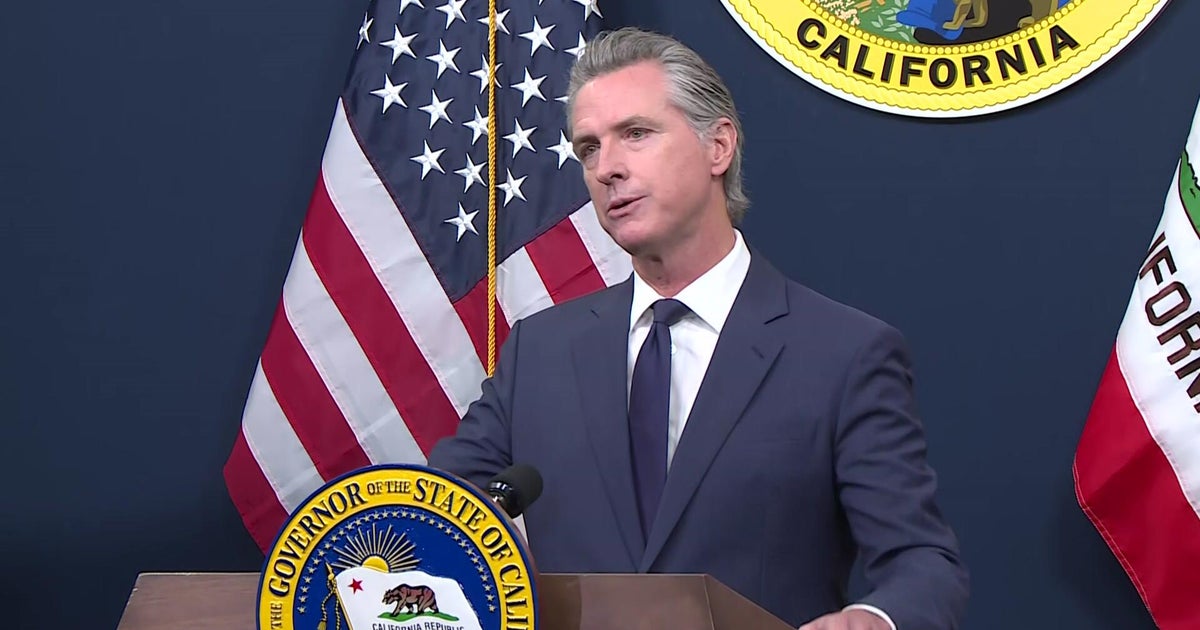President Trump signed an executive order Monday that will attempt to bring down the cost of some drugs in the United States — but why are drug prices so high to begin with?
On average, Americans pay almost three times as much for prescription drugs as people in other high-income countries like the U.K., Germany or France, according to a 2024 report published by the nonprofit research organization RAND. For some medications, the cost difference is even steeper. A month of insulin, for example, costs about $100 in the U.S., compared to only about $10 in France, RAND found.
In large part, this comes down to price negotiations.
"You're talking about contrasting us with countries that have essentially universal health care, where you have the government that is paying for everything, negotiating for all the drug prices," Dr. Céline Gounder, CBS News medical contributor and editor-at-large for public health at KFF Health News, said Monday. "So when you have one player that's negotiating on behalf of the entire population, you just have a lot more negotiating power."
The closest comparison in the U.S. is likely Medicare, the federal health insurance program for people over 65 years old, Gounder said, but that doesn't cover all Americans. Additionally, the ability for Medicare to negotiate drug prices didn't happen until the Inflation Reduction Act was signed into law in 2022 by President Joe Biden and it only allows for negotiations of "a small fraction of all prescription drugs," Gounder said.
Because the U.S. doesn't have universal health care, "we don't have one negotiator for our drug prices," Gounder said.
Most Americans have private health insurance, and the prices they pay for prescriptions are negotiated through Pharmacy Benefit Managers or PBMs.
In theory, PBMs should help control growth in drug prices due to their ability to negotiate manufacturer rebates and other cost-effectiveness options, according to the Commonwealth Fund, a nonprofit foundation that advocates for health equity.
"But PBMs have financial incentives that may contribute to growth in drug prices, higher patient out-of-pocket costs, and the closing of independent pharmacies in rural areas and low-income neighborhoods," the group notes on its website.
Last year, the Federal Trade Commission called out pharmacy benefit managers — often described as prescription drug middlemen — for benefiting off of inflated drug prices. PBMs wield enormous control over the availability and cost of drugs, the FTC said in a report released in July 2024.
In a more recent January report, the FTC said three major PBMs hiked costs for a wide range of lifesaving drugs, including medications to treat heart disease and cancer. Some prices were marked up by hundreds and sometimes thousands of percent, the FTC found.
It's uncertain if Mr. Trump's executive order can make headway on drug prices and what drugs would even be affected.
Gounder pointed to a similar effort during his first presidency, which only applied to drugs given by providers in hospitals and clinics through Medicare Part B, that failed.
"The last time he proposed this in 2020, this was contested in the federal courts and did not hold up," Gounder said.
To really change how drug prices are negotiated in the U.S., Congress would need to act, she said.
Plus, "Pharmaceutical companies are among the biggest lobbying presences in Washington, D.C. They are, of course, opposed to this," Gounder said.
The pharmaceutical industry has argued that lower prices will affect innovation and development of new medicines.
"Applying other countries' antiquated approach to how they value — and pay — for medicines will stall investment across America's biotech companies, risk access to vital treatments and cures for millions of American patients, and lead to fewer American jobs," John F. Crowley, president of the advocacy group Biotechnology Innovation Organization, said in a statement Monday.
To change how much influence pharmaceutical companies have would also require an act of Congress in the form of campaign finance reform, Gounder said.
Patients For Affordable Drugs Now, a national patient advocacy organization, said in a statement that several aspects of the Mr. Trump's order raise questions.
"This Executive Order is a step in the right direction, but without additional guardrails, it leaves room for pharmaceutical companies to continue gaming the system at the expense of patients," the statement read. "The reality is: drug companies set high prices in the U.S. because U.S. policy lets them — unlike other high income countries that negotiate lower prices."
Sara Moniuszko







